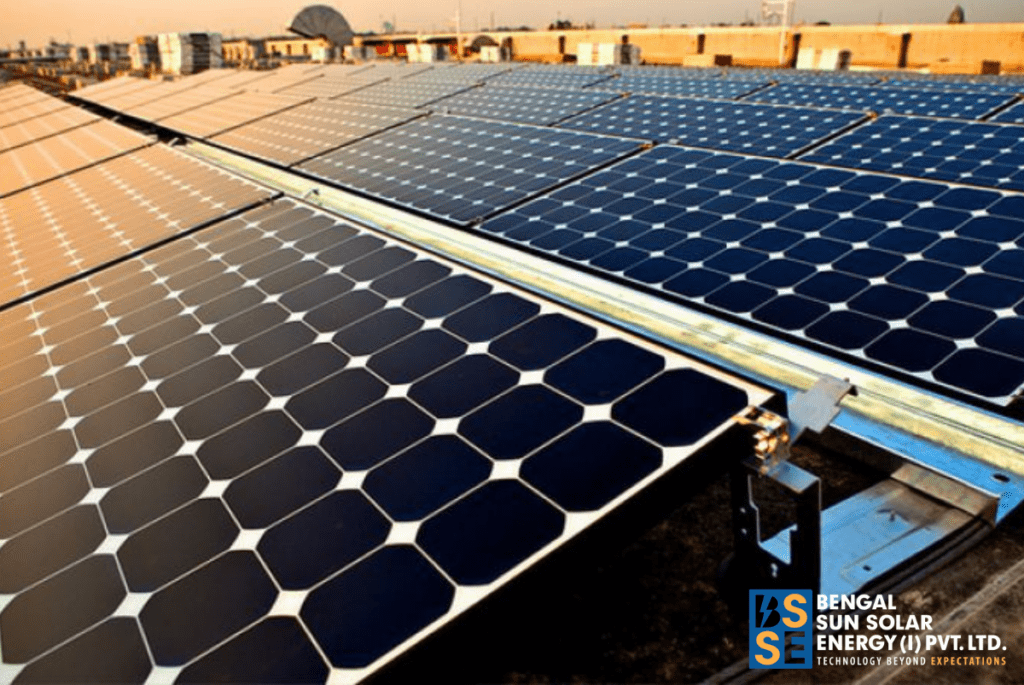A power purchase agreement (PPA) is a legal contract between an electricity generator (provider) and a power purchaser (buyer, typically a utility or large power buyer/trader). Contractual terms may last anywhere between 5 and 20 years, during which time the power purchaser buys energy, and sometimes also capacity and/or ancillary services, from the electricity generator. Such agreements play a key role in the financing of independently owned (i.e. not owned by a utility) electricity generating assets. The seller under the PPA is typically an independent power producer, or “IPP.”
According to the top solar company in west Bengal, in the case of distributed generation (where the generator is located on a building site and energy is sold to the building occupant), commercial PPAs have evolved as a variant that enables businesses, schools, and governments to purchase electricity directly from the generator rather than from the utility. This approach facilitates the financing of distributed generation assets such as photovoltaic, micro-turbines, reciprocating engines, and fuel cells.
The SELLER under a PPA, is the entity that owns the project. In most cases, the seller is organized as a special purpose entity whose main purpose is to facilitate non-recourse project financing. The BUYER under a PPA, is typically a utility that purchases the electricity to meet its customers’ needs. In the case of distributed generation involving a commercial PPA variant, the buyer may be the occupant of the building—a business, school, or government for example. Electricity traders may also enter into PPA with the Seller. Any top solar company in Kolkata will guide their prospective consumers on these matters.
PPAs are subject to regulation at the Union or State Government level to varying degrees depending on the nature of the PPA and the extent to which the sale of electricity is regulated where the project is sited
Power purchase agreements (PPAs) may be appropriate where:
- The projected revenues of the project is uncertain and so some guarantees as to quantities purchased and price paid are required to make the project viable;
- Protection from cheaper or subsidized domestic or international competition (e.g., where a neighboring power plant is producing cheaper power) is desired;
there is one or a few major customers that will be taking the bulk of the product as set by the plant made by the top solar company in west Bengal – for example, a government may be purchasing the power generated by a power plant – the government will want to understand how much it will be paying for its power and that it has the first call on that power, the project company will want certainty of revenue;
- Purchaser wishes to secure security of supply.
- With solar power projects in non-profit companies in order to reduce costs for installation of the solar energy system
The PPA is considered contractually binding on the date that it is signed, also known as the effective date. Once the project has been built, the effective date ensures that the purchaser will buy the electricity that will be generated and that the supplier will not sell its output to anyone else except the purchaser.
Maintenance and operation of a generation project is the responsibility of the seller by engaging the top solar company in Kolkata. This includes regular inspection and repair, if necessary, to ensure prudent practices. Liquidated damages will be applied if the seller fails to meet these circumstances. Typically, the seller is also responsible for installing and maintaining a meter to determine the quantity of output that will be sold. Under this circumstance, the seller must also provide real-time data at the request of the buyer, including atmospheric data relevant to the type of technology installed.
Electricity rates are agreed upon as the basis for a PPA. Prices may be flat, escalate over time, or be negotiated in any other way as long as both parties agree to the negotiation. In a regulated environment, Electricity Regulator will regulate the price. A PPA will often specify how much energy the supplier is expected to produce each year and any excess energy produced will have a negative impact on the sales rate of electricity that the buyer will be purchasing. This system is intended to provide an incentive for the seller to properly estimate the amount of energy that will be produced in a given period of time.
